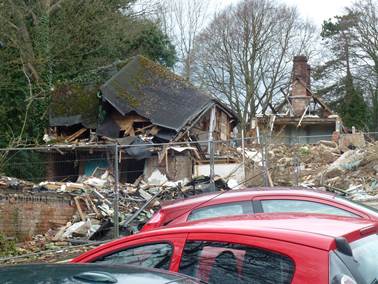Leonhard Lang: Defibrillation electrode SCHILLER DF87C and DF56C
Defibrillators, non-implantable
Model: DF87C, DF56C
For Further Information MHRA reference: 2016/010/028/299/006
Automatic external defibrillator (AED) LIFEPAK CR Plus and LIFEPAK EXPRESS – risk of failure to deliver a shock.
Manufactured by Physio-Control – risk of delay to defibrillation due to an intermittent component failure. Specific serial numbers are affected
Update: First published.
For further information on this published alert:






